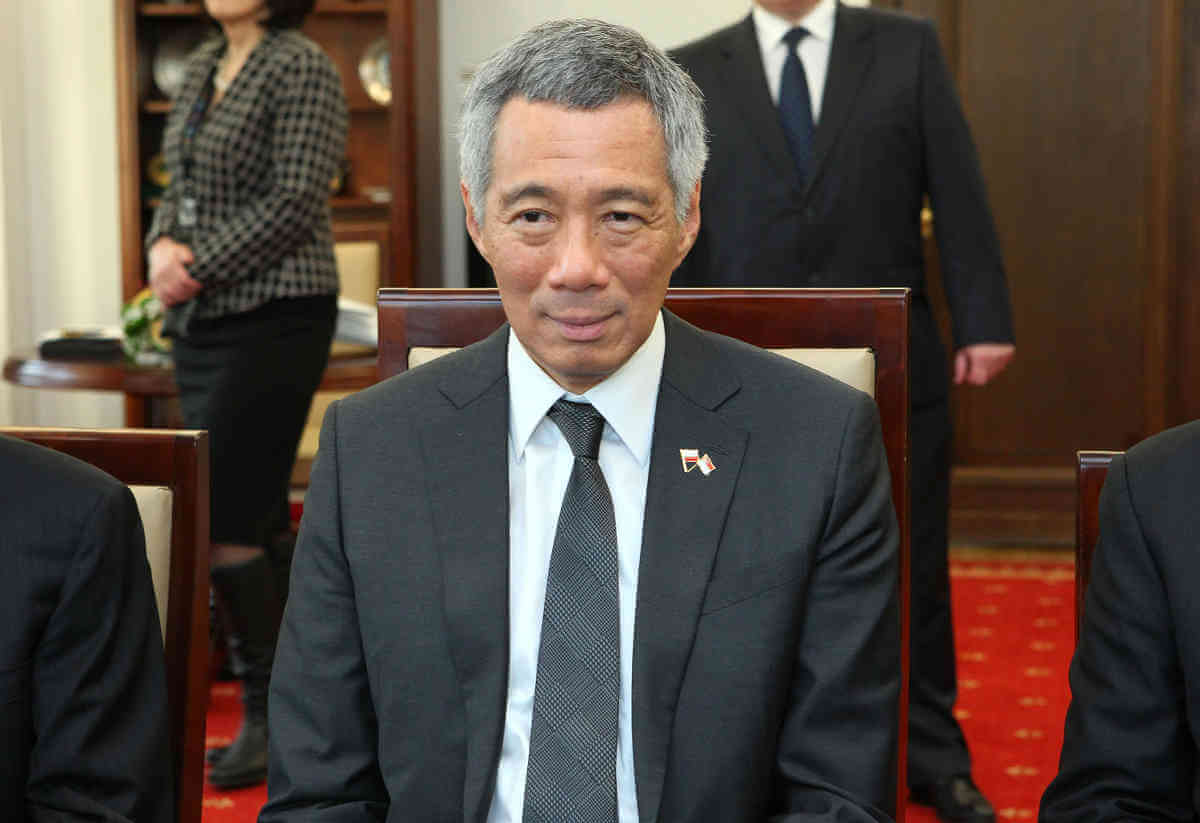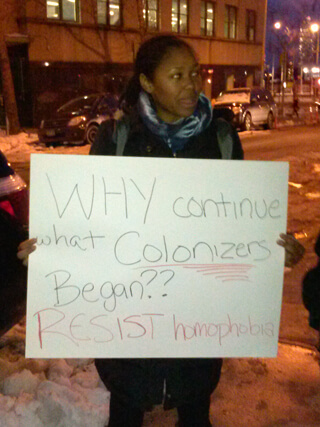The LGBTQ community in Singapore is aiming to follow in the footsteps of India after that nation struck down a similar ban on gay sex.
Both countries, formerly a part of the British empire, had sodomy laws imposed on them during their colonial regimes. A 43-year-old Singaporean man is pushing to take legal action against the anti-gay law in his home country.
Johnson Ong has mounted a constitutional challenge over what he says is an “absurd and arbitrary” law, known as Code 377A — mirroring India’s former Section 377 — and he is confident in his effort because he believes Singapore is not quite as conservative as other nations that have already overturned sodomy laws.
“India is such a conservative society — much more conservative than Singapore in some ways,” Ong told The New York Times, referring to the repeal of India’s ban on gay sex. “So I was like, if India can do it, why can’t we?”
Activists are exploring similar court challenges in Sri Lanka and Kenya, and Kenyan activists have already made arguments to that nation’s high court.
Singapore’s archaic law from 1938 calls for up to two years in prison for men who have sex with other men, but like in many other nations with similar laws it does not apply to women.
Singaporeans have already run into some roadblocks in their campaign to repeal the law. A petition, which garnered more than 50,000 signatures and was delivered to the government, was rejected. But Tommy Koh, a diplomat in the city-state, told the gay community to “try again,” according to the Straits Times.
Activists are also emboldened by a separate advancement of LGBTQ rights in Singapore. The Supreme Court there ruled that a gay man could adopt a child, conceived with his sperm and carried to term by an American surrogate. The father, identified only as James, is in a relationship with Shawn, and they both consider themselves fathers to the child, Noel. Unlike in the US, however, Shawn will not be a legal parent to Noel, but it is signficant that the court’s ruling was based on the child’s best interests — a standard that has been used to advance LGBTQ parental rights in the US and played a key role in retired Justice Anthony Kennedy’s 2015 marriage equality opinion.
Though the court was careful to note its decision signaled no recognition of the couple’s relationship, it could be a sign of more LGBTQ-friendly rulings in the future.
Furthermore, the nation had already started to reform its stringent sex-related laws just over a decade ago. Section 377, a ban on anal and oral sex, was repealed in 2007, while 377A — the specific provisions related to sex between two men — has remained in place.
It still could take some time before the law is ushered out if the posture of Prime Minister Lee Hsien Loong dictates the course of events. He has indicated he will support the existing the law until attitudes change in the city-state, where 55 percent of people said in an Ipsos Public Affairs survey that they supported the law.
A court conference regarding Ong’s constitutional challenge is set for February 18.






























